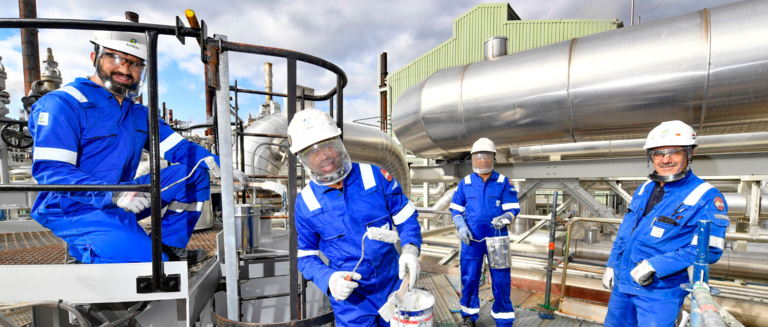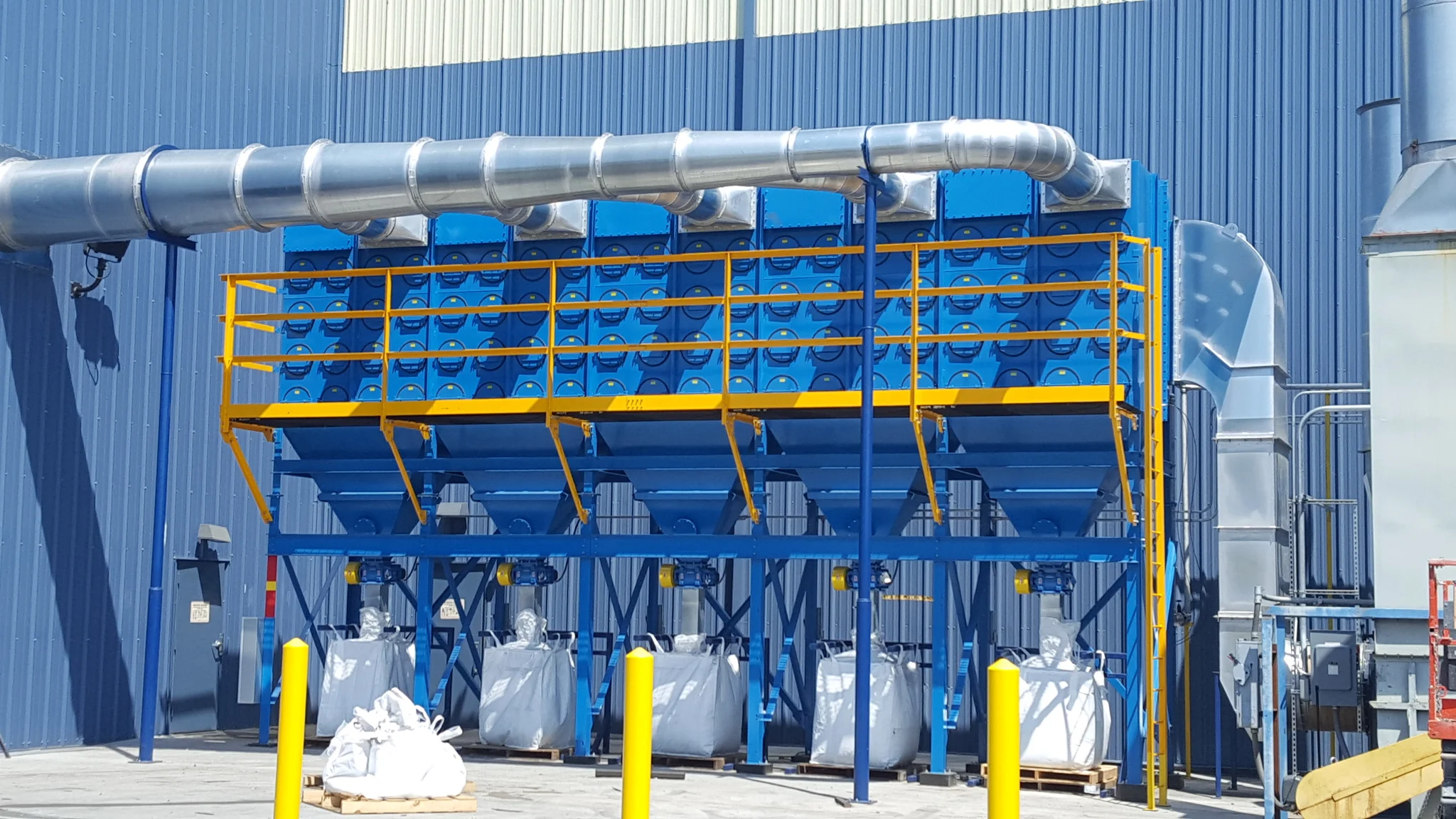In the world of industrial operations, effective insulation is crucial for ensuring safety, efficiency, and cost savings. Selecting the right industrial insulation company can significantly impact the performance of your facility. This article explores the role of industrial insulation companies, the services they offer, the benefits of quality insulation, and essential tips for choosing the right provider for your needs.
The Role of Industrial Insulation Companies
Industrial insulation companies specialize in the installation, maintenance, and repair of insulation systems in various settings. Their expertise helps businesses protect equipment, manage energy costs, and comply with safety regulations. Key responsibilities of these companies include:
- Installation: They install various types of insulation materials tailored to specific applications, ensuring proper coverage and efficiency.
- Maintenance: Regular maintenance services help ensure insulation remains effective over time. Companies conduct inspections and perform repairs to prevent issues such as heat loss or moisture accumulation.
- Consultation: Many industrial insulation companies offer consulting services to help businesses identify their insulation needs and choose the most suitable materials and methods.
- Energy Audits: Some companies provide energy audits to assess current insulation effectiveness and recommend improvements, contributing to energy savings.
Benefits of Professional Industrial Insulation
Investing in professional industrial insulation offers numerous advantages, including:
1. Energy Efficiency
Proper insulation minimizes heat transfer, leading to reduced energy consumption. This efficiency translates into lower utility bills and can enhance your company’s sustainability efforts.
2. Safety Improvements
Insulation protects employees from hazardous conditions, such as burns from hot surfaces and equipment. This contributes to a safer working environment and helps mitigate potential accidents.
3. Equipment Longevity
By insulating pipes and machinery, you help protect them from thermal stress and environmental damage, extending their operational life and reducing maintenance costs.
4. Regulatory Compliance
Many industries are subject to stringent safety and environmental regulations. A reputable industrial insulation company understands these requirements and ensures compliance through effective insulation solutions.
Types of Insulation Materials Used by Industrial Companies
Different insulation materials serve various purposes in industrial applications. Common types include:
1. Fiberglass Insulation
Fiberglass is a popular choice due to its excellent thermal performance and versatility. It is available in batts, rolls, and loose-fill forms, making it suitable for a range of applications.
2. Mineral Wool Insulation
Mineral wool (or rock wool) insulation provides fire resistance and soundproofing, making it ideal for high-temperature environments, such as chemical processing plants.
3. Foam Insulation
Foam insulation, including spray foam and rigid foam boards, offers superior thermal resistance and air sealing capabilities. It’s often used in high-energy-demand areas.
4. Calcium Silicate
This type of insulation is specifically designed for high-temperature applications and provides excellent thermal performance while resisting moisture.
Tips for Choosing the Right Industrial Insulation Company
When selecting an industrial insulation company, consider the following factors to ensure you make the right choice:
1. Experience and Specialization
Look for companies with extensive experience in the specific type of insulation you require. Their expertise should align with your industry and project needs.
2. Credentials and Certifications
Verify that the company is licensed, insured, and certified. This ensures compliance with industry standards and protects you from potential liabilities.
3. Reputation and Reviews
Research online reviews and testimonials from past clients. A company with a strong reputation for quality work and customer satisfaction is more likely to meet your expectations.
4. Range of Services
Choose a company that offers comprehensive insulation services, including installation, maintenance, and energy audits. This will provide you with all the expertise needed for your insulation needs.
5. Transparent Pricing
Obtain detailed quotes from multiple companies and ensure they include all aspects of the project. This helps you compare services and identify any potential hidden costs.
Choosing the right industrial insulation company is essential for enhancing efficiency, safety, and sustainability in your operations. By understanding the role of these companies, the benefits of proper insulation, and the factors to consider when selecting a provider, you can make informed decisions that positively impact your business.
If you’re looking to invest in industrial insulation, take the time to research your options and select a qualified contractor who can meet your specific needs. With the right professional support, you can ensure that your insulation systems are effective, durable, and aligned with your operational goals.





